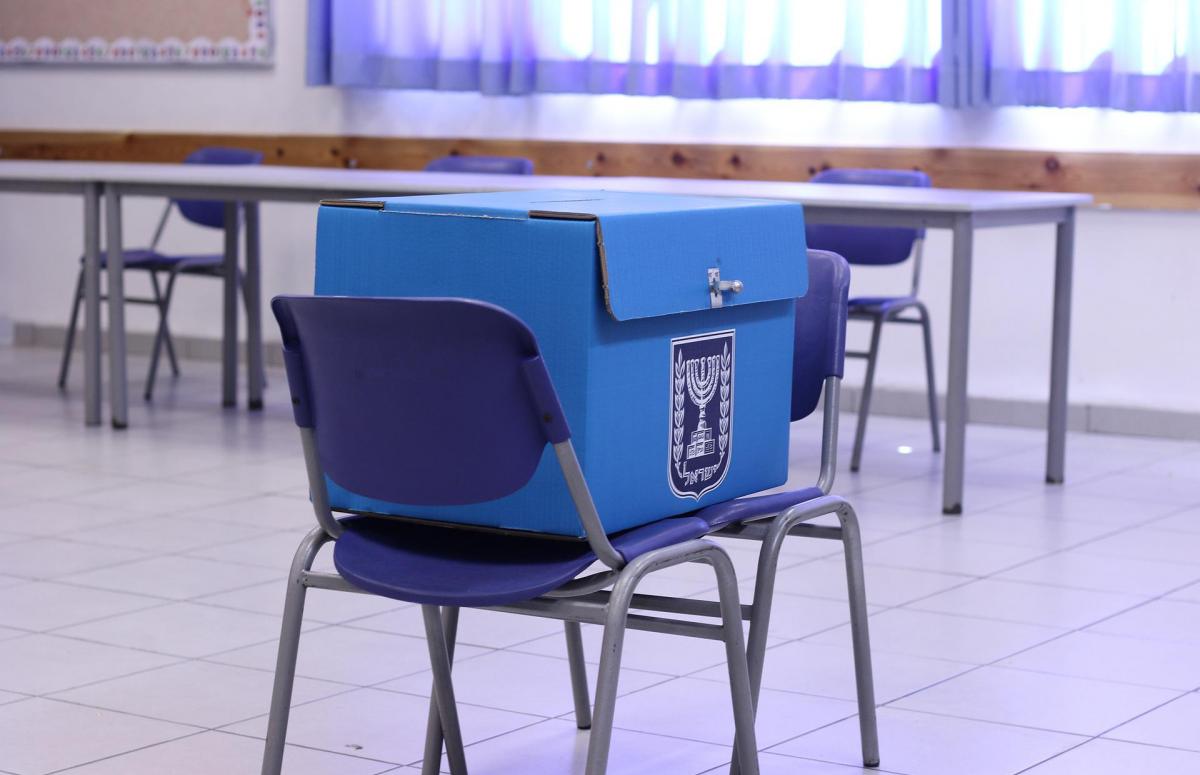UK Approach to Democracy and Human Rights Review
Laure-Hélène Piron, The Policy Practice Director, is leading a review of the UK aid's approach to democracy and human rights since 2015 on behalf of the UK Independent Commission for Aid Impact.
The review examines the relevance, coherence and effectiveness of UK approach and includes case studies of UK aid for democracy and human rights in Pakistan, Serbia and Tanzania; centrally-managed programmes; a policy review; a literature review; and consultations with citizens affected by UK aid.
"An exploration of the association between fuel subsidies and fuel riots", World Development
In recent years, dozens of countries have been rocked by riots, often associated with popular demand for fuel. A paper, published today in World Development, by The Policy Practice Director Neil McCulloch (and co-authors Davide Natalini, Noami Hossain and Patricia Justino) uses a new international dataset on fuel riots to explore the effects of fuel prices and price regimes on fuel riots.
Analysis and Program Design: Inclusive Governance and Core State Functions in Somaliland
TPP is assisting the Foreign, Commonwealth and Development Office (FCDO) design a multi-donor governance programme in Somaliland on inclusive governance, and to consider the need for any complementary support to strengthening core state functions.
TPP Principal Alex Duncan, TPP Associate Mohamed Hersi, and researcher Sahra Hassan undertook fieldwork in Somaliland and Kenya in April 2022. They met key stakeholders in government and donor agencies in Hargeisa and Nairobi. The team will return to Kenya in May to present their initial findings to a core reference group of international donors.
"Freedom to Think: The Long Struggle to Liberate our Minds", by Susie Alegre, out on 7th April
TPP Associate, Susie Alegre’s book “Freedom to Think: The Long Struggle to Liberate our Minds” out 7th April with Atlantic Books (available to pre-order now) explores the history of the right to freedom of thought and the threats it faces in the digital age.
Power shift: politics and the energy transition in emerging markets. Webinar from TPP and Chemonics
On 2 December 2021, Chemonics, in partnership with The Policy Practice, organised a webinar entitled “Power shift: politics and the energy transition in emerging markets.”
This webinar brought together leading thinkers on the political economy of the energy transition to discuss the factors that slow down, but also those that might speed up the energy transition. Experts from South Africa, Sri Lanka and Lebanon shared their knowledge about how the political economy context affected the nature and speed of transition and the implications for the implementation of programs.
Tackling Lebanon's Electricity Crisis: Lessons from Yemen
TPP Director Neil McCulloch worked with the Lebanon Centre for Policy Studies to write a brief which outlines the Yemeni experience following the collapse of its electricity sector and to derive lessons to be learnt for Lebanon. The brief discusses the approaches taken by the authorities controlling different parts of the country to address a near breakdown in service, notably the Houthi administration in the North, who fully liberalized the market, and the Internationally Recognized Government in the South, who maintained a state monopoly on energy production and a highly subsidized tariff.
PFM Reforms in Nigeria: Lessons from 20 years of UK Support - blog from Sierd Hadley, Laure-Hélène Piron, Gareth Williams and Clare Cummings
This blog explore how the UK supported public financial management (PFM) reforms in Nigeria for 20 years, as part of an effort to translate oil revenues and debt relief into better infrastructure and public services. It identifies what made the reform happen, and draws lessons for other PFM programmes.








